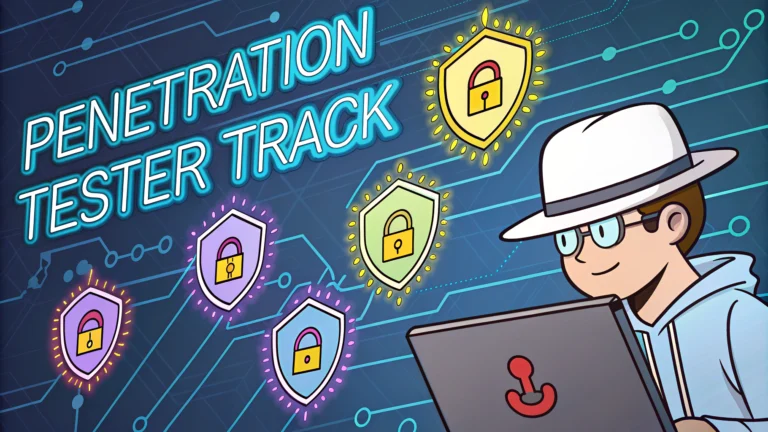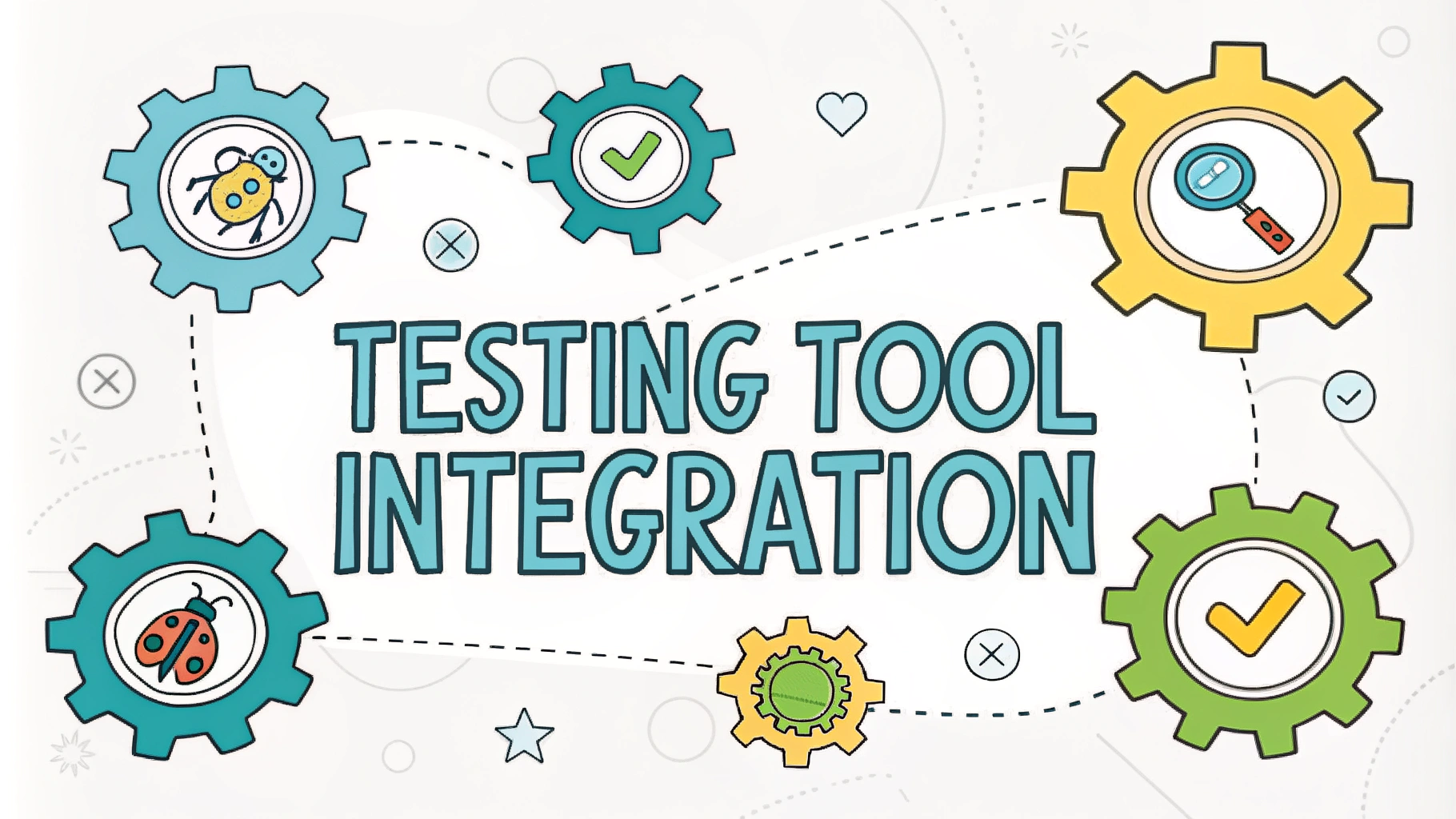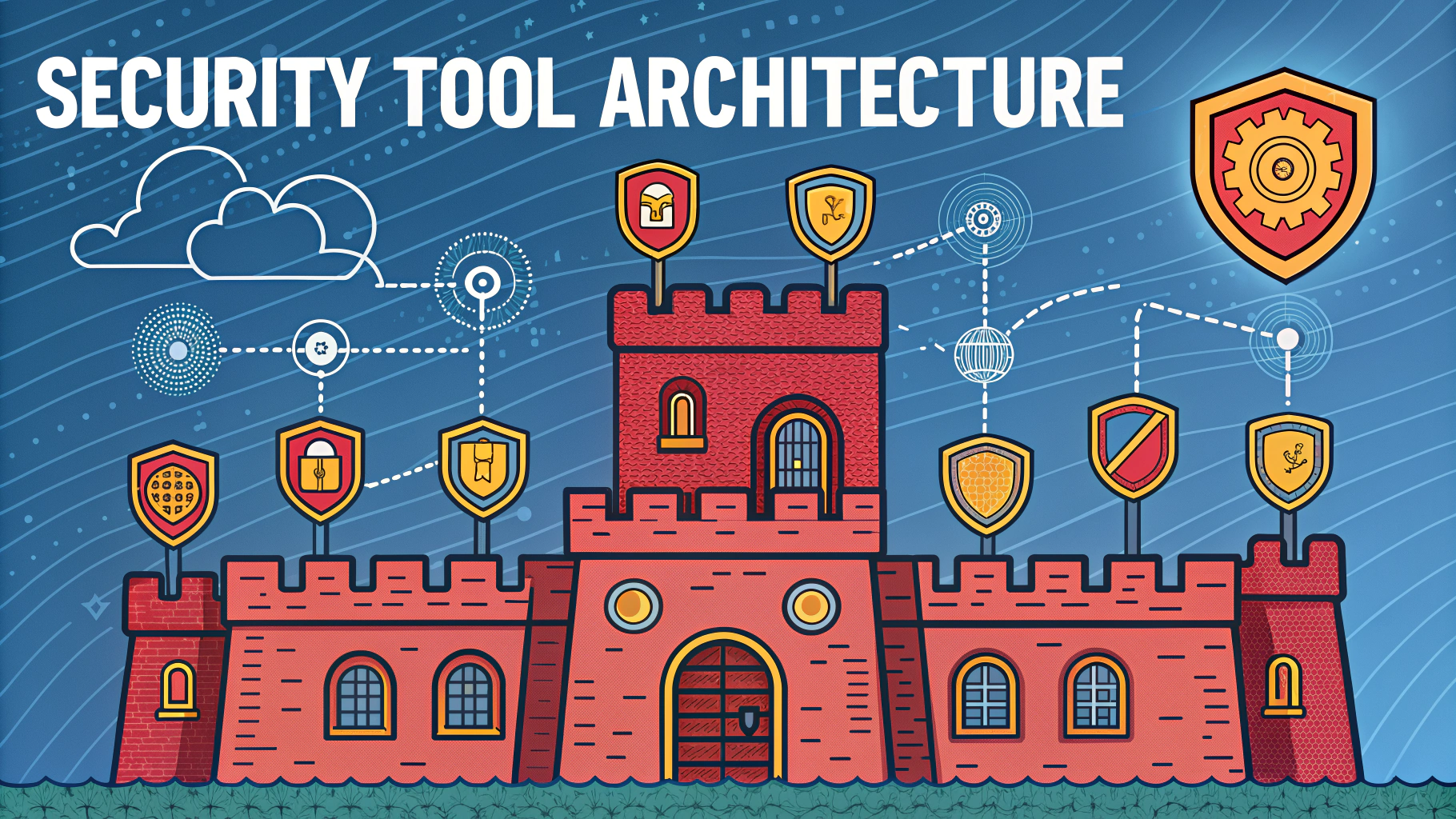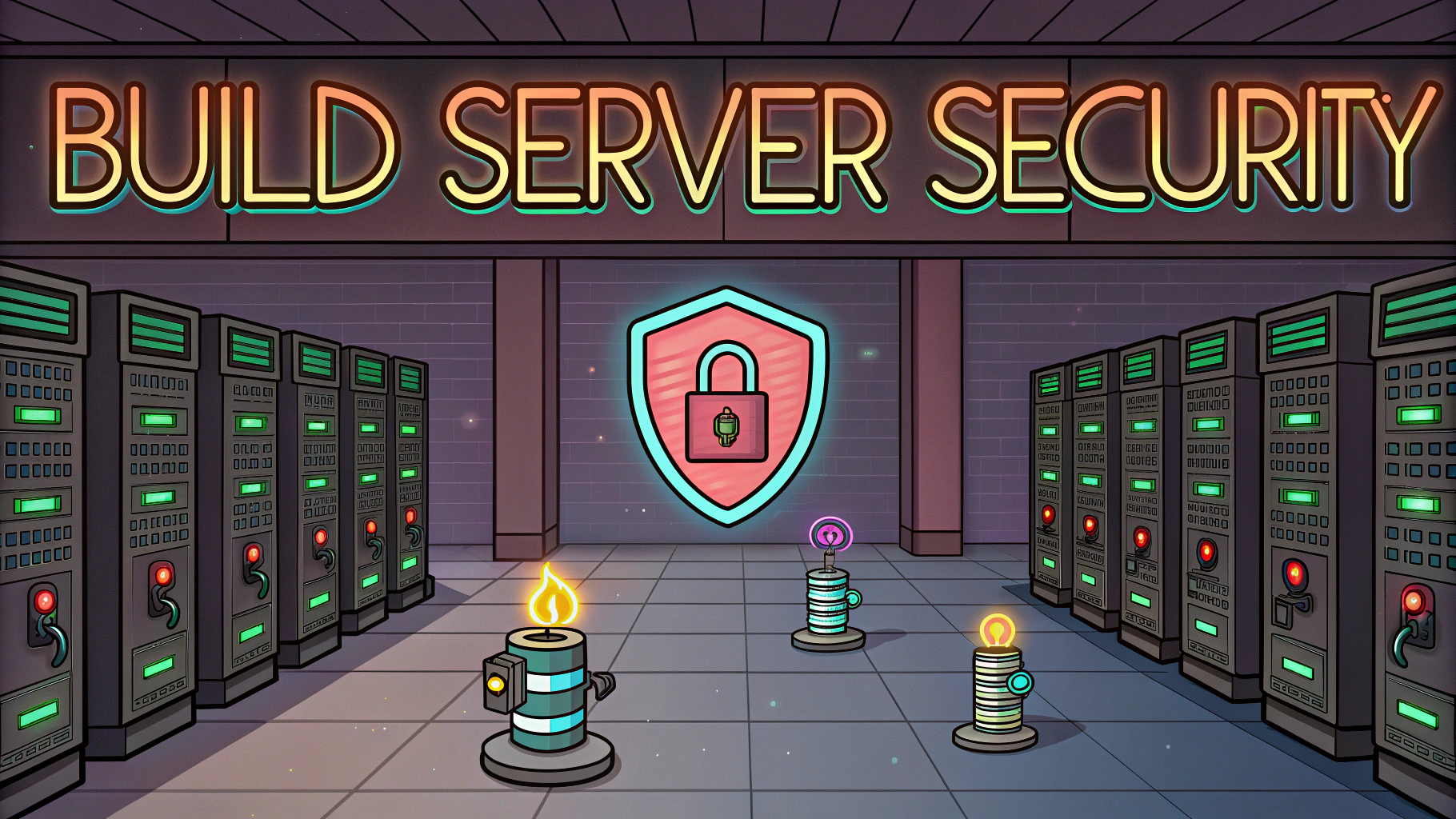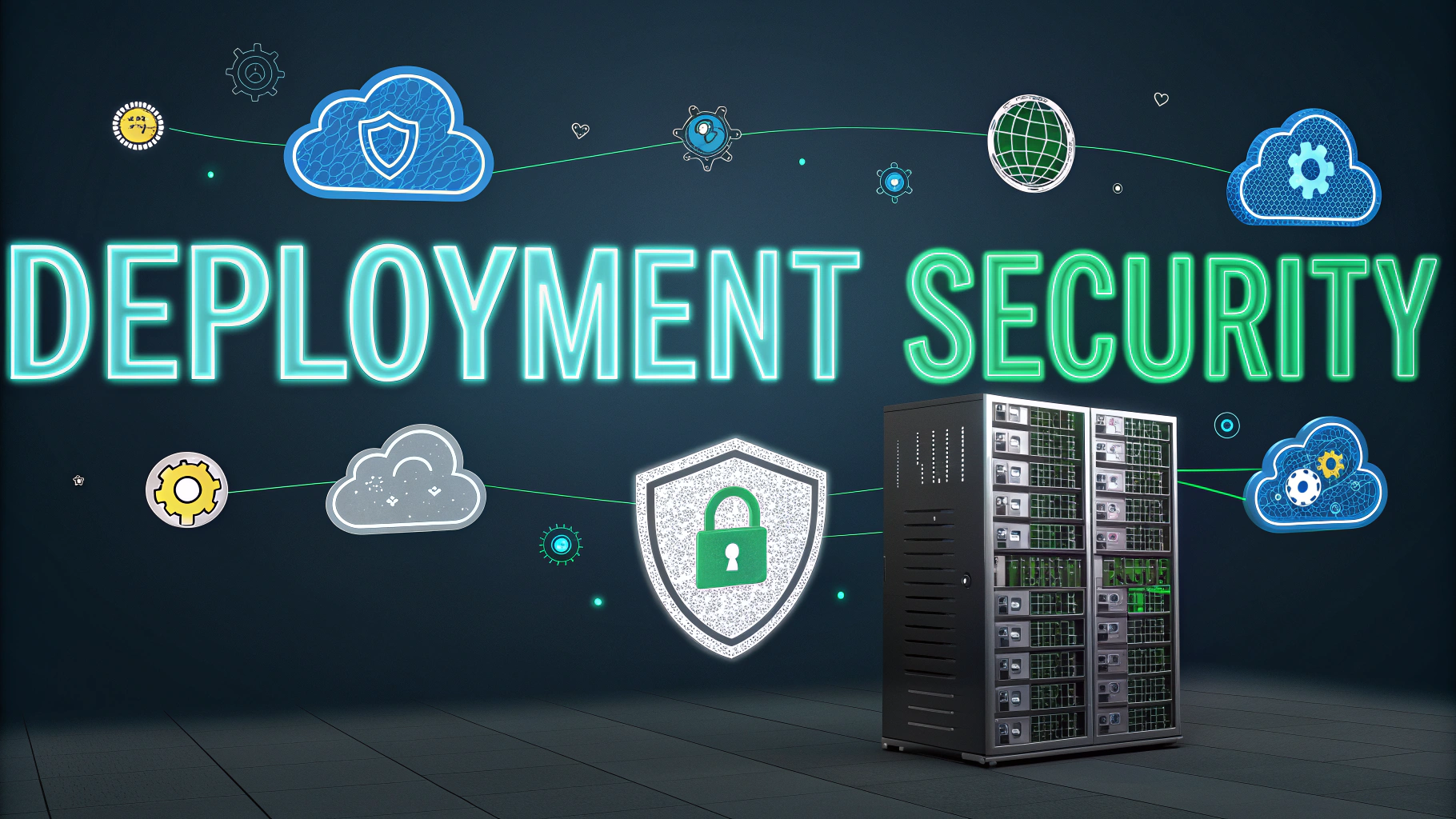The field of penetration testing offers a rewarding career path for security professionals who want to help organizations identify and fix vulnerabilities before malicious actors can exploit them.
A penetration tester, also known as an ethical hacker, simulates cyber attacks to find security gaps in networks, applications, and systems while staying within legal boundaries.
This guide outlines the skills, certifications, and practical experience needed to become a successful penetration tester.
Core Skills Required
- Programming Languages: Python, Bash, PowerShell, JavaScript
- Networking: TCP/IP, protocols, routing, switching
- Operating Systems: Linux, Windows, Unix
- Security Tools: Metasploit, Burp Suite, Wireshark, Nmap
- Web Technologies: HTTP/HTTPS, APIs, common vulnerabilities
Essential Certifications
- CompTIA Security+: Entry-level security certification
- CEH (Certified Ethical Hacker): Industry-standard penetration testing certification
- OSCP (Offensive Security Certified Professional): Hands-on penetration testing certification
- GPEN (GIAC Penetration Tester): Advanced penetration testing certification
Learning Resources
- Practice Platforms:
- HackTheBox (www.hackthebox.eu)
- TryHackMe (tryhackme.com)
- VulnHub (www.vulnhub.com)
Career Progression
| Position | Experience | Average Salary (USD) |
|---|---|---|
| Junior Penetration Tester | 0-2 years | $60,000 – $85,000 |
| Senior Penetration Tester | 3-5 years | $85,000 – $130,000 |
| Lead Penetration Tester | 5+ years | $130,000 – $160,000+ |
Building a Home Lab
Set up a dedicated testing environment using virtualization software like VirtualBox or VMware.
- Install Kali Linux as your primary testing platform
- Deploy vulnerable machines from VulnHub
- Practice network segmentation
- Document all testing procedures
Professional Organizations
- OWASP (owasp.org)
- SANS Institute (www.sans.org)
- ISC² (www.isc2.org)
Next Steps for Success
Start with the CompTIA Security+ certification to build a strong foundation in security principles.
Join online communities like Reddit’s r/netsec and Discord security channels to connect with other professionals.
Create a GitHub portfolio showcasing your tools, scripts, and documentation from practice exercises.
Legal and Ethical Considerations
Always obtain written permission before conducting any penetration testing activities. Understanding legal boundaries and maintaining professional ethics is crucial for a successful career.
- Obtain scope documentation and written authorization
- Respect data privacy regulations
- Follow responsible disclosure practices
- Maintain client confidentiality
Report Writing Skills
Effective communication of findings is essential for penetration testers. Reports should be clear, detailed, and actionable.
Key Components of a Pentest Report
- Executive Summary
- Technical Findings
- Risk Assessment
- Remediation Steps
- Supporting Evidence
Specialization Areas
- Web Application Testing: Focus on OWASP Top 10 vulnerabilities
- Mobile Security: iOS and Android penetration testing
- Cloud Security: AWS, Azure, and GCP security assessment
- IoT Security: Connected device vulnerability analysis
Maintaining Professional Growth
- Attend security conferences (DEF CON, Black Hat, RSA)
- Participate in bug bounty programs
- Contribute to open-source security tools
- Stay updated with latest security trends and threats
Launching Your Security Career
Focus on building practical skills through hands-on experience while pursuing relevant certifications. Network with industry professionals and maintain an active presence in the security community to create opportunities for career advancement.
Remember that penetration testing requires continuous learning and adaptation as technology and threats evolve. Success in this field comes from combining technical expertise with professional integrity and strong communication skills.
FAQs
- What is penetration testing and why is it important?
Penetration testing is a systematic process of testing computer systems, networks, and applications to identify security vulnerabilities that attackers could exploit. It’s important because it helps organizations identify and fix security weaknesses before malicious hackers can exploit them. - What certifications are most valuable for a penetration testing career?
The most recognized certifications include CompTIA PenTest+, Offensive Security Certified Professional (OSCP), Certified Ethical Hacker (CEH), GIAC Penetration Tester (GPEN), and eLearnSecurity Certified Professional Penetration Tester (eCPPT). - What programming languages should penetration testers know?
Python is essential for automation and scripting. Other valuable languages include Bash for Linux scripting, PowerShell for Windows environments, SQL for database testing, and Ruby for using Metasploit framework. - What tools are commonly used in penetration testing?
Common tools include Nmap for network scanning, Metasploit for exploitation, Burp Suite for web application testing, Wireshark for packet analysis, and Kali Linux as an operating system containing numerous penetration testing tools. - What are the different types of penetration tests?
The main types are External Network Testing, Internal Network Testing, Web Application Testing, Mobile Application Testing, Social Engineering Testing, and Wireless Network Testing. - What is the difference between Black Box, White Box, and Grey Box testing?
Black Box testing involves no prior knowledge of the target system, White Box testing provides complete system information, and Grey Box testing offers partial system knowledge. - How long does it typically take to become a professional penetration tester?
It typically takes 3-5 years of IT or security experience, combined with relevant certifications and practical hands-on experience, to become a professional penetration tester. - What are the phases of a penetration test?
The main phases are Planning and Reconnaissance, Scanning, Vulnerability Assessment, Exploitation, Post-exploitation and Maintaining Access, and Report Writing. - What legal considerations should penetration testers be aware of?
Penetration testers must obtain written permission before testing, understand and comply with local and international laws, maintain confidentiality, and document all activities. - What platforms can I use to practice penetration testing legally?
Legal practice platforms include HackTheBox, TryHackMe, VulnHub, OWASP WebGoat, and Damn Vulnerable Web Application (DVWA).
